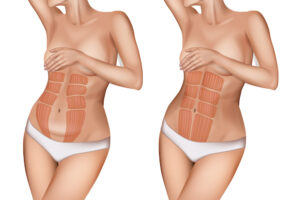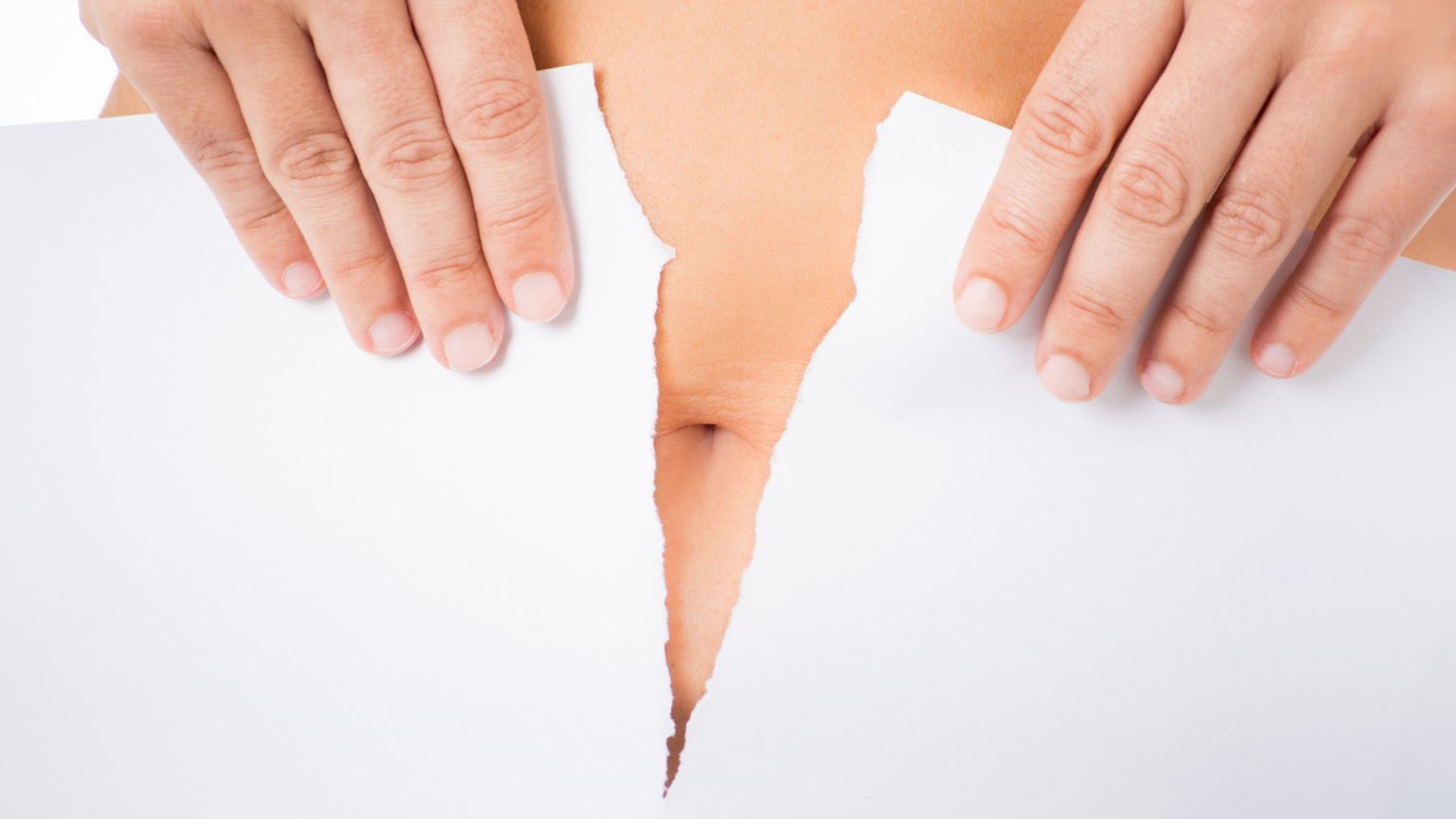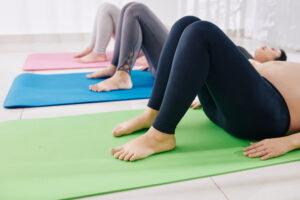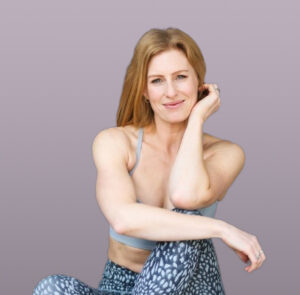Women’s fitness specialist and Healthista Collective Expert Rosie Stockley reveals 4 things to look out for and be mindful of if you’re planning any postnatal fitness
Whether you’re a first time mum or have been here a few times before, your postpartum body will feel very different after pregnancy.
Although you may be eager to get back into your fitness routine, you may be wondering whether it is safe to do so.
your postpartum body will feel very different after pregnancy
Of course, your pregnancy, type of birth or any complications during delivery will control what sort of exercise you should and shouldn’t be doing, but the most important thing to focus on is how you feel in yourself.
Here are a few things to take note of and be mindful of when looking to get back into exercise with your postpartum body..
#1 Diastasis Recti (abdominal separation)
During pregnancy, as the baby grows, the linea alba (tissue that runs down the middle of your abdomen) stretches and separates causing what is known as diastasis recti.
This is usually defined as a gap of 2cm or more. All women will experience some sort of abdominal gap by full term pregnancy, so it’s not something to get too worried about in advance.
A qualified postnatal trainer can help you with exercises to strengthen the area
The abdominals can realign naturally, may take a few months, or may need a bit more specific rehab. A qualified postnatal trainer can help you with exercises to strengthen the area, encourage more tension in the core and work to bring the muscles back together.
If you feel like you have a large gap then a visit to a women’s health physio could really put your mind at ease, and they are the experts in checking this area and providing a rehab plan.
READ MORE: Postnatal fitness – 5 safe and effective exercises

#2 Your pelvic Floor
All women need the pelvic floor muscles to be strong, especially during pregnancy and thereafter. These muscles stretch to allow the baby to pass through and then should contract back to normal post-birth.
If women practice pelvic floor exercises during and after their pregnancy they are likely to make a quicker recovery post childbirth. A weak pelvic floor can cause incontinence, which if left untreated, could cause further issues later in life.
A weak pelvic floor can cause incontinence
It is important to not just accept leaking as something that comes with childbirth, but instead to work on the causes of it. A stronger pelvic floor will also make your core generally stronger, help you lift heavier weights, reduce the risk of prolapse and improve sexual sensation.
Exercises can be done in a few minutes each day and include a combination of squeezing the muscles and fully relaxing. Deep breathing and relaxation can also greatly help the pelvic floor, and learning how to do movements in everyday life that won’t cause any symptoms to worsen.
As before, a women’s health physio will be able to assess your pelvic floor and outline exercises specific for you.
READ MORE: Pregnancy and exercise – 7 things expectant mums need to know
#3 Careful stretching
Relaxin is a hormone that is produced from around the second week of pregnancy and is present until breastfeeding stops. This hormone allows for the relaxation of the ligaments in the pelvis, which is helpful in allowing the body to slowly adapt and expand, as well as enabling the birth process.
While relaxin is present it is not only confined to the pelvis joints – but other joints will also become more relaxed and less stable. You may find you are more flexible, with a larger range of movement than before, therefore care needs to be taken when stretching.
# Feelings of low energy and fatigue
In the postnatal period, you will likely be very fatigued due to the night time waking, feeding and relentless cycle of looking after the baby. It is worth being mindful of your body before working out to assess whether the exercise you are doing will serve you well.
Some days it maybe more beneficial to stretch and move slowly, or just go for a walk, rather than a full intensity workout.
Feel confident exercising in your pregnancy by talking through your needs with women’s fitness specialist Rosie Stockley.
In your session Rosie can help you find adaptations for your workouts, figure out what might be best for you at each stage of your pregnancy, answer any questions about aches and pains, or certain movements.
Book your pregnancy consult session with Rosie here.
Rosie can talk through her experiences of labour and signpost you to specialists or experts in other related areas. She is also a great encouragement and will pep you up, make you feel energised and confident.
You’ll leave the session with a smile and feeling like you’ve really taken a positive step for YOU. Sessions are completely tailored to YOUR needs! Maybe you need a list of exercises, maybe you just need to check in once a month to have a confidence boost. We will make it work for you!
*Please note, Rosie can’t give medical advice.
Like this article? Sign up to our newsletter to get more articles like this delivered straight to your inbox.























































